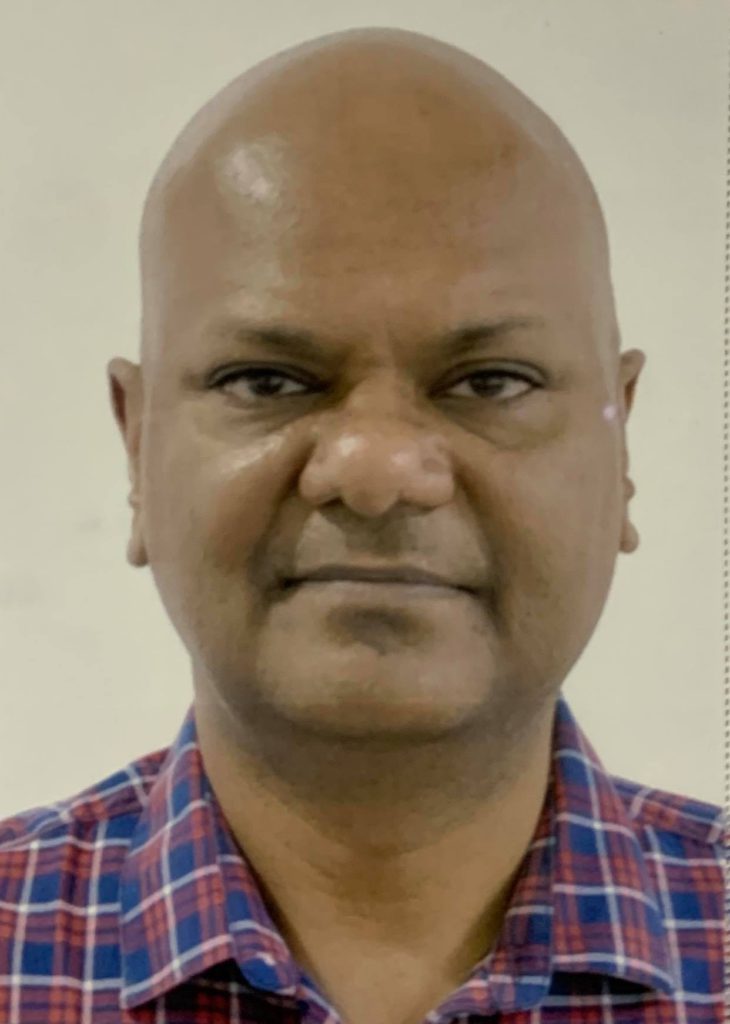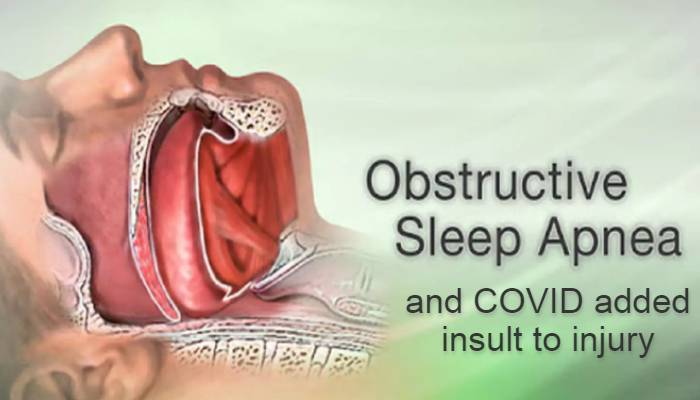Special on WORLD SLEEP DAY
COVID could be more dangerous for Obstructive Sleep Apnea patients. Obstructive Sleep Apnea is the mother of all major cardiac morbidities and other morbidities in adults as well children PGIMER ENT Department sees about 15 new patients with OSA every month and undertakes about 20-25 Sleep Studies a month. Even during covid times around 10-12 studies are being done in the department. Surprisingly, because of unawareness, people with OSA first can not analyze that they have this disease forget considering it as deadly co-morbidity once fell prey to Coronavirus as COVID can choke the positive patient more conveniently than a positive patient without OSA, says Dr. Sandeep Bansal, a trained sleep apnea surgeon, Additional Professor & Incharge Sleep lab, Department of ENT, PGI
Obesity/being overweight is the one of the main treatable causes of OSA
A patient with Obstructive Sleep Apnea was never treated as a patient until half a century back. The disease and its manifestations invoked ridicule, with patients usually being body shamed for their extra layers of fat and mocked at for the high decibel-ed snoring. Modern understanding of an obese person who snores and is devoid of healthy, continuous sleep for 8-10 hours and nods off during the day is akin to diabetes or hypertension – or even more – called even the mother of all major cardiac co-morbidities. With prevalent dietary and lifestyle patterns Obstructive Sleep Apnoea “catches them young”, the number of pediatric patients being on the rise.

March 19th, 2021, The World Sleep Day – 2021 is based on the theme “Regular Sleep, Healthy Future”. On this occasion, Dr. Sandeep Bansal, a trained sleep apnea surgeon, Additional Professor & Incharge Sleep lab, Department of ENT, PGI said “In the backdrop of SARS CoV-2 pandemic the day gains more significance as Sleep Apnoea- its identification and management- isn’t being given the importance it calls for and Studies have shown that OSA is an independent risk factor for the development of severe COVID-19 disease resulting in hospitalization, so we need to be more vigilant for this disease and the morbidity it causes”.
Prof. Naresh Panda, Head Department of ENT, PGI said that “The change of lifestyle into a more home/ room based one with predominantly work from home culture have led to a lot of us gaining extra kilograms with resultant obesity and borderline obesity. This along with lack of outdoor activities and socialisation leading to reduced awareness of one’s increasing weight could potentially precipitate OSA in vulnerable individuals”. There has also been a change of medical practice to more emergency/ time sensitive mode, with many places taking care of just trauma and cancer cases. This has led to a reduction in the consultations and surgeries for what people might feel is just “snoring”, exacerbating the already precarious situation.
Dr Nancy Sahni, Senior dietician at PGI and working on this subject for the last 5 years said that during these Covid times, “The lack of dietary discipline and sleep hygiene associated with spending a majority of time at home and flexible work hours due to the online nature of the jobs leading to those extra layers of fat are ticking time bombs in relation sleep apnoea syndromes. Thus awareness about the condition and its management is more significant than ever in the present scenario”.
There has been a lot of research work being done on the subject in the Department OF Otolaryngology and Head Neck Surgery on the different aspects of Obstructive Sleep apnea in a multidisciplinary approach involving a dedicated ENT Surgeon, Pulmonologist, and a senior nutritionist. PGIMER has been running Tele-OPD services after a month or so of curtailed services owing to a nation-wide lock-down. OSA is a condition that can be satisfactorily primarily evaluated over the phone and necessary follow-up planned. Consultations necessary for dietary and lifestyle changes are also amenable via telephone.
People requiring sleep studies, sleep endoscopies, titration of CPAP, and surgeries were also provided the necessary services in the department following strict departmental and institutional COVID protocols. There were about more than 100 sleep studies done in the department in the past year in spite of the Covid pandemic taking utmost precautions. There have been no instances of patient or health care worker COVID-19 infection suggestive of the fact that with proper precautions management of sleep disorders is safe in the pandemic and it is essential that more people are aware of this so that we can deal with this deadly problem.
